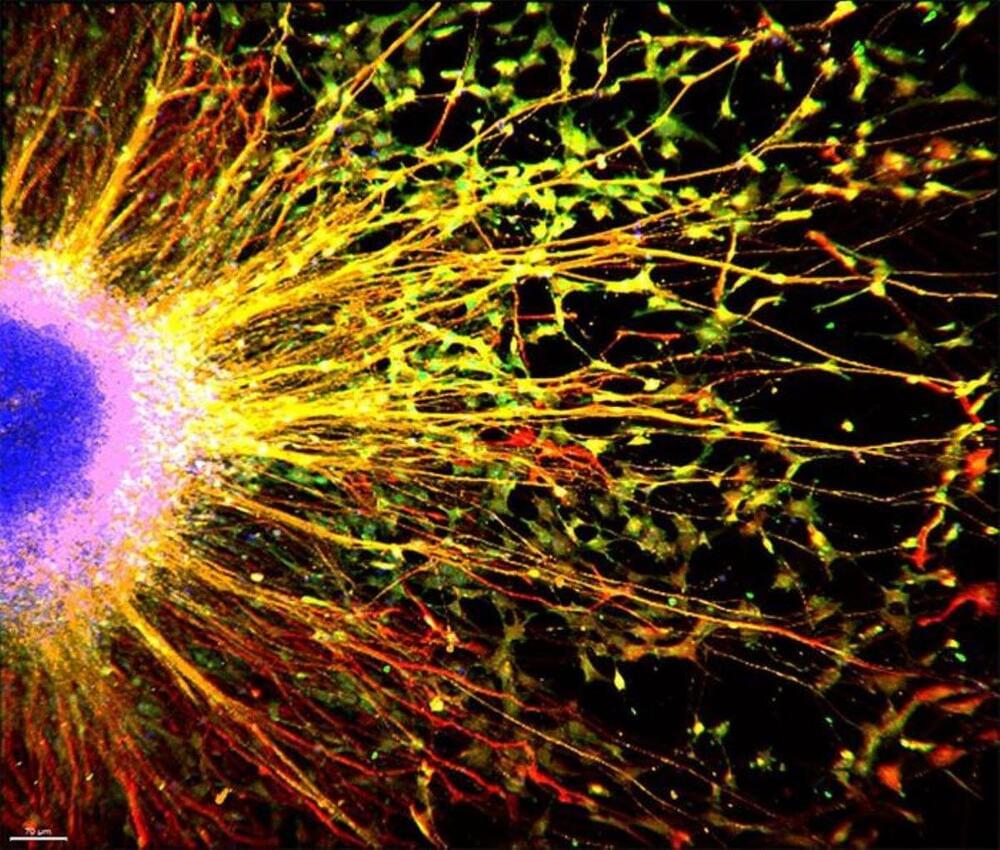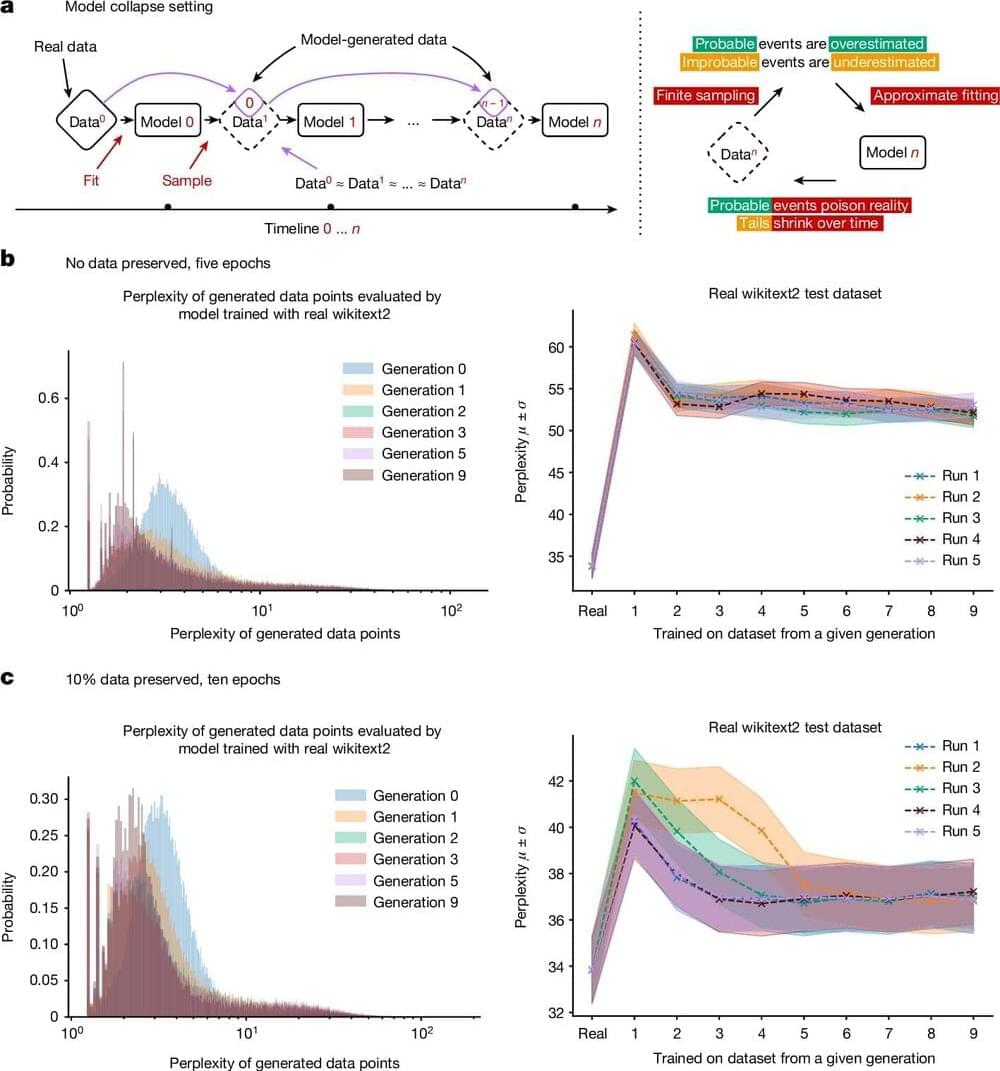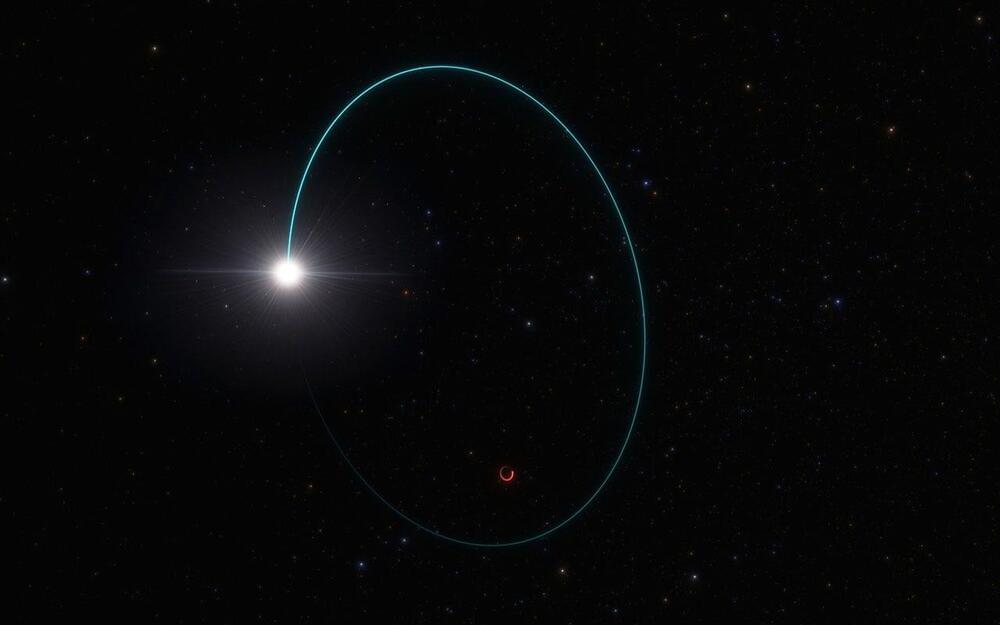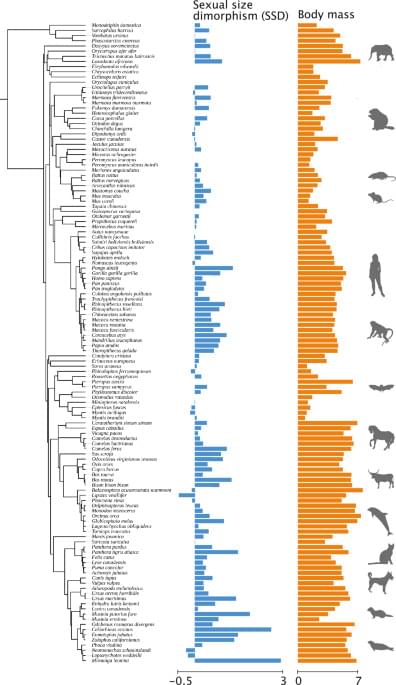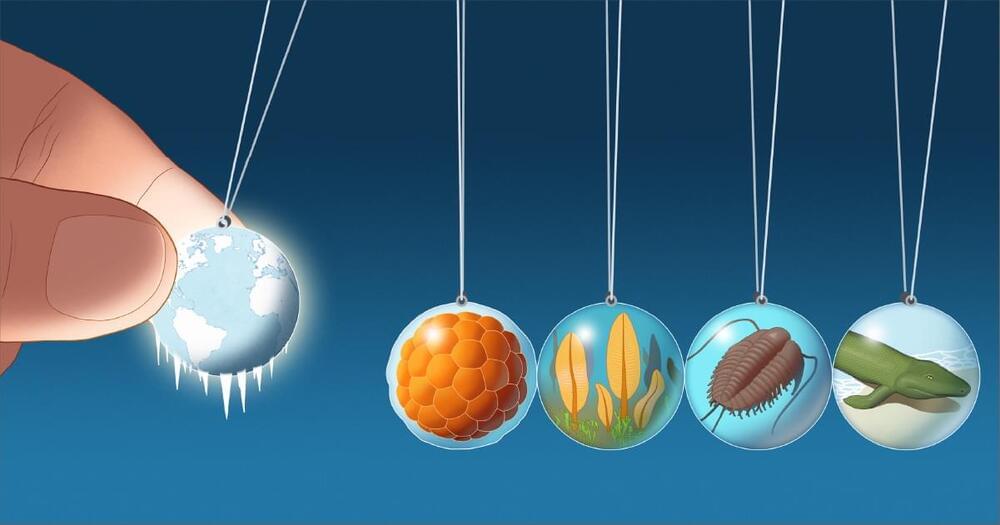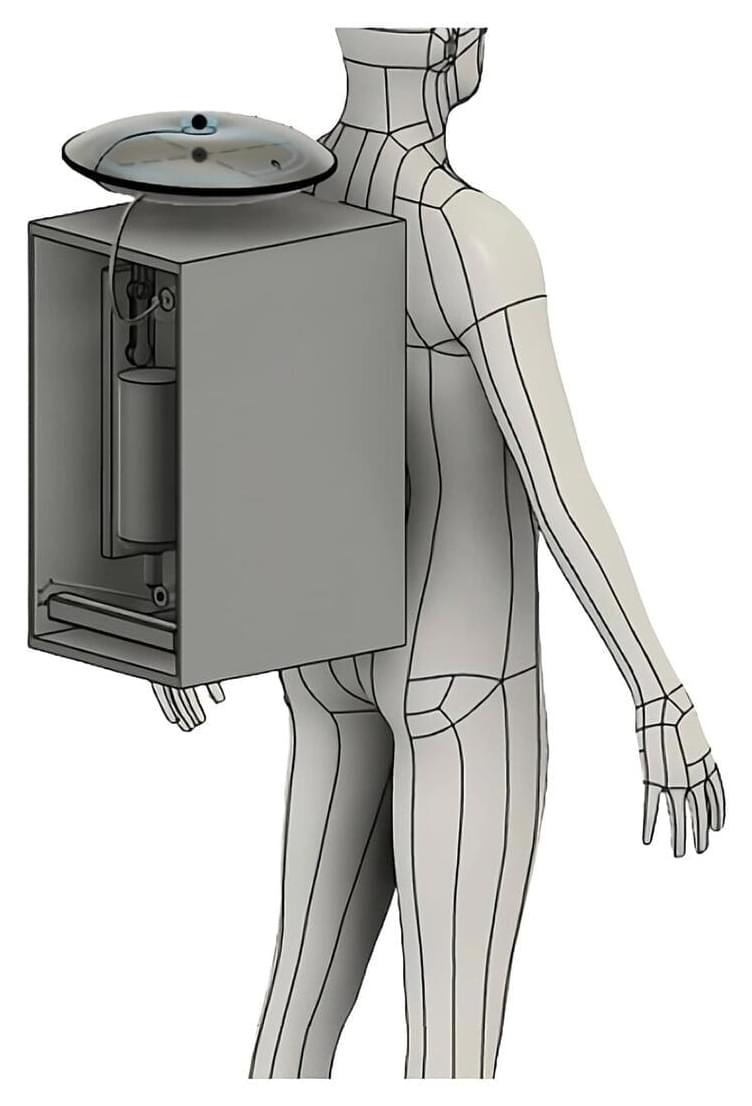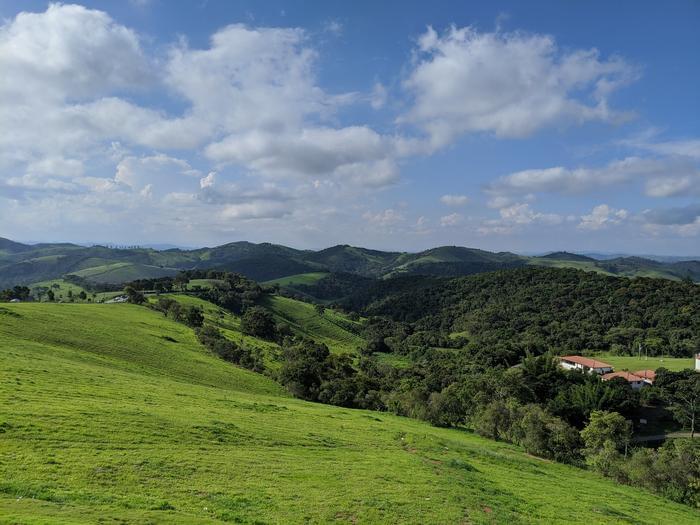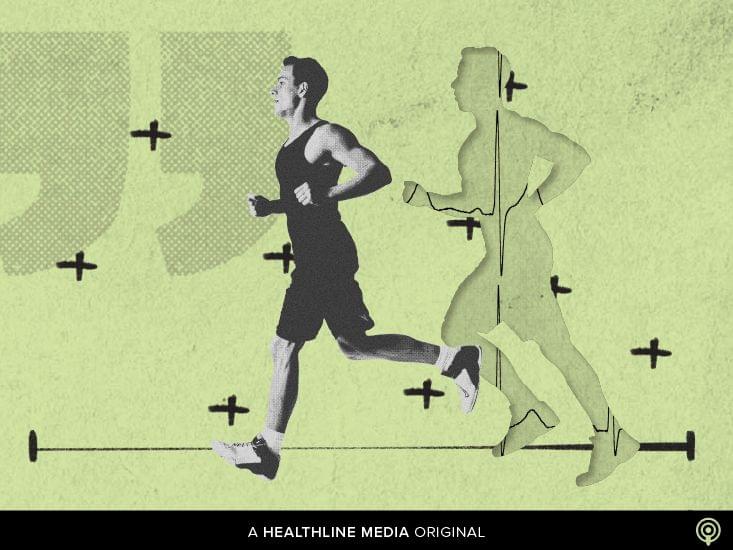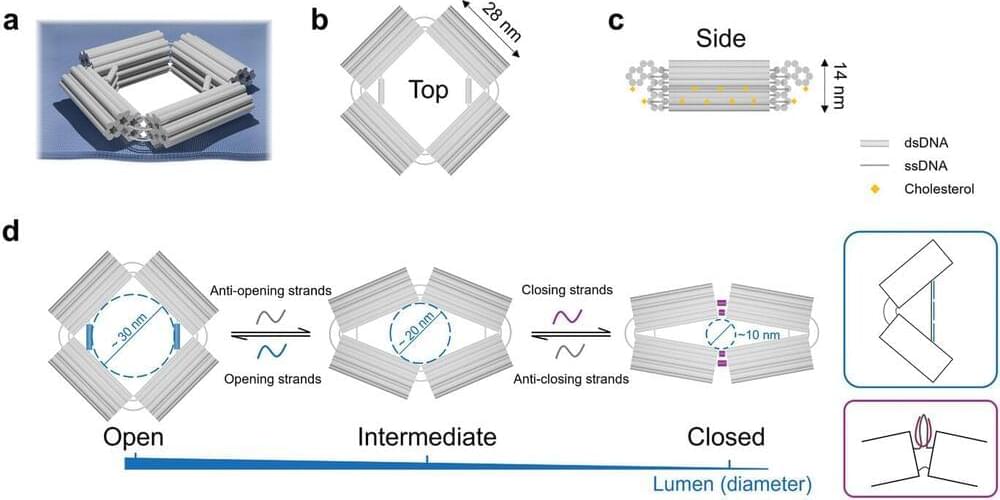Jul 25, 2024
Cancer Drug Shows Promise for Autism Cognitive Function
Posted by Dan Breeden in categories: biotech/medical, robotics/AI
Summary: A new experimental cancer drug could ease cognitive difficulties for those with Rett syndrome, a rare autism-linked disorder, by enhancing brain cell functions. The drug, ADH-503, improves the activity of microglia, which are crucial for maintaining neural networks.
Researchers found that healthy microglia restored synapse function in brain organoids mimicking Rett syndrome. This breakthrough suggests potential therapies for Rett syndrome and other neurological conditions.
